Table of Contents
The Drama Unfolds: Ha Joon and Hye Won’s Conflict Chronicles
‘But Ha Joon Started It!’
“Mom! Ha Joon hit me! ” shouted Hye Won as she ran crying into the kitchen.
Ha Joon shuffled into the kitchen exclaiming “But she started it!”
“No I didn’t” yelled Hye Won.
“Yes, you did!” countered Ha Joon.
“Did not!”
“Did to!”
“Did not!”
“Did to!”
Sound familiar? Quite often, when children have conflicts it can be difficult to discern how it actually started and how to get to the root of the problem. For our first UOI of the 2020 school year, grade 4 is inquiring into conflict and conflict resolution. Specifically students will be looking into the causes of conflict (difference of opinion, sharing, etc…), types of conflict (arguing, yelling, ignoring, fighting etc…) and finally strategies to successfully resolve conflict.
Students are using the Central Idea from our Sharing the Planet unit, “Reaching a resolution during periods of conflict is influenced by the actions of all involved”, to help guide and focus their inquiry and in the end, our hopes are that they will be able to take action and ownership over their own conflicts.
Despite being confined to a distance-learning environment, grade 4 has been able to proceed with our inquiry using the Inquiry Cycle with great results. Students first participated in ‘Tuning In’ activities such as unpacking the Central Idea, identifying causes and types of conflict brainstorms (using BrainPop and Padlet), Read alouds (The Zax and Jake Drake), and a Frayer 4 square unit vocabulary assignment. As we move into ‘Finding Out’, students are keeping ‘Peace Journals’ where they will record personal conflicts or conflicts that they have witnessed.
The Inquiry Cycle Unveiled: From Tuning In to Finding Out in the Realm of Conflict
An introduction and then deeper dive into numerous conflict resolution strategies will take place in the coming weeks. Readworks and Newsela offer integrated language support (reading) while also informing students about local and global conflicts (at their levels). ‘Going Further’, students will take what they have learned about conflicts and conflict resolution and apply it to different conflict scenarios. Illustrating an incident relevant to them that includes the conflict and resolution will give them the opportunity to demonstrate what they have learned.
The final step of the Inquiry Cycle, Taking Action, may very well be the most important and useful stage for this unit. It is our intent and hope that students will be able to take what they learned in this unit and apply it to their daily lives. This ‘action taking’ allows them to resolve their own conflicts (of which there will be many) and hopefully you will have less of the dialogue at the beginning of this article.












